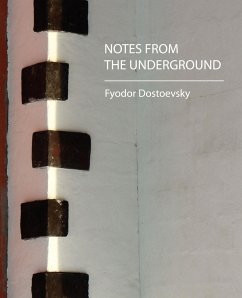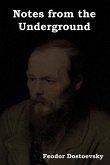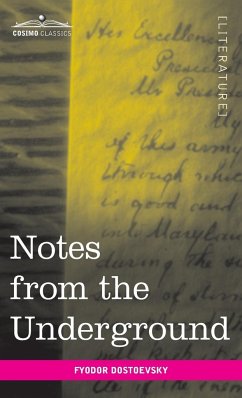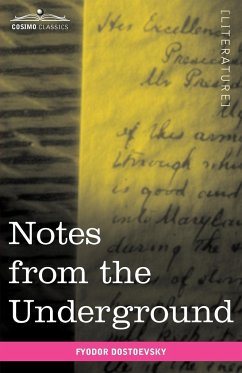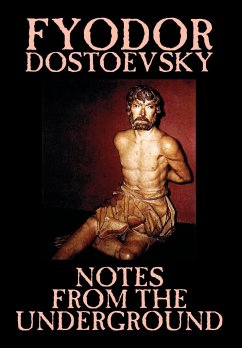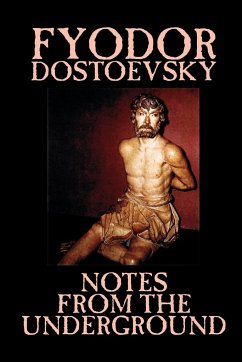This first Russian existentialist novel is depicted as part of the memoirs of a retired embittered man usually referred to as The Underground Man. Like many of Dostoevsky's works the Russian critics were unfavorable, because of his rejection of socialism. The author's feeling that man's needs may never be satisfied goes against Marxist philosophy. The first part of the novel gives a series of riddles that will be answered later. The second part is the actual story of the Underground Man.
Bitte wählen Sie Ihr Anliegen aus.
Rechnungen
Retourenschein anfordern
Bestellstatus
Storno

